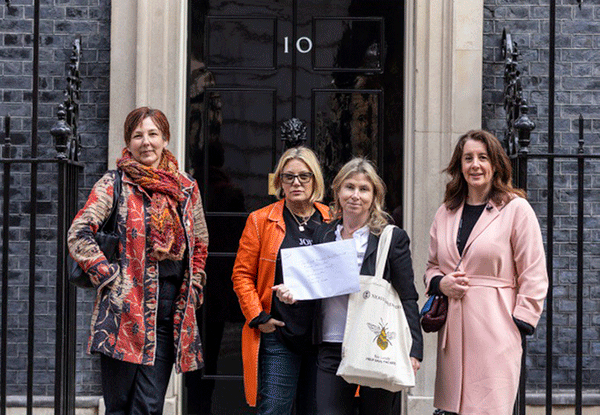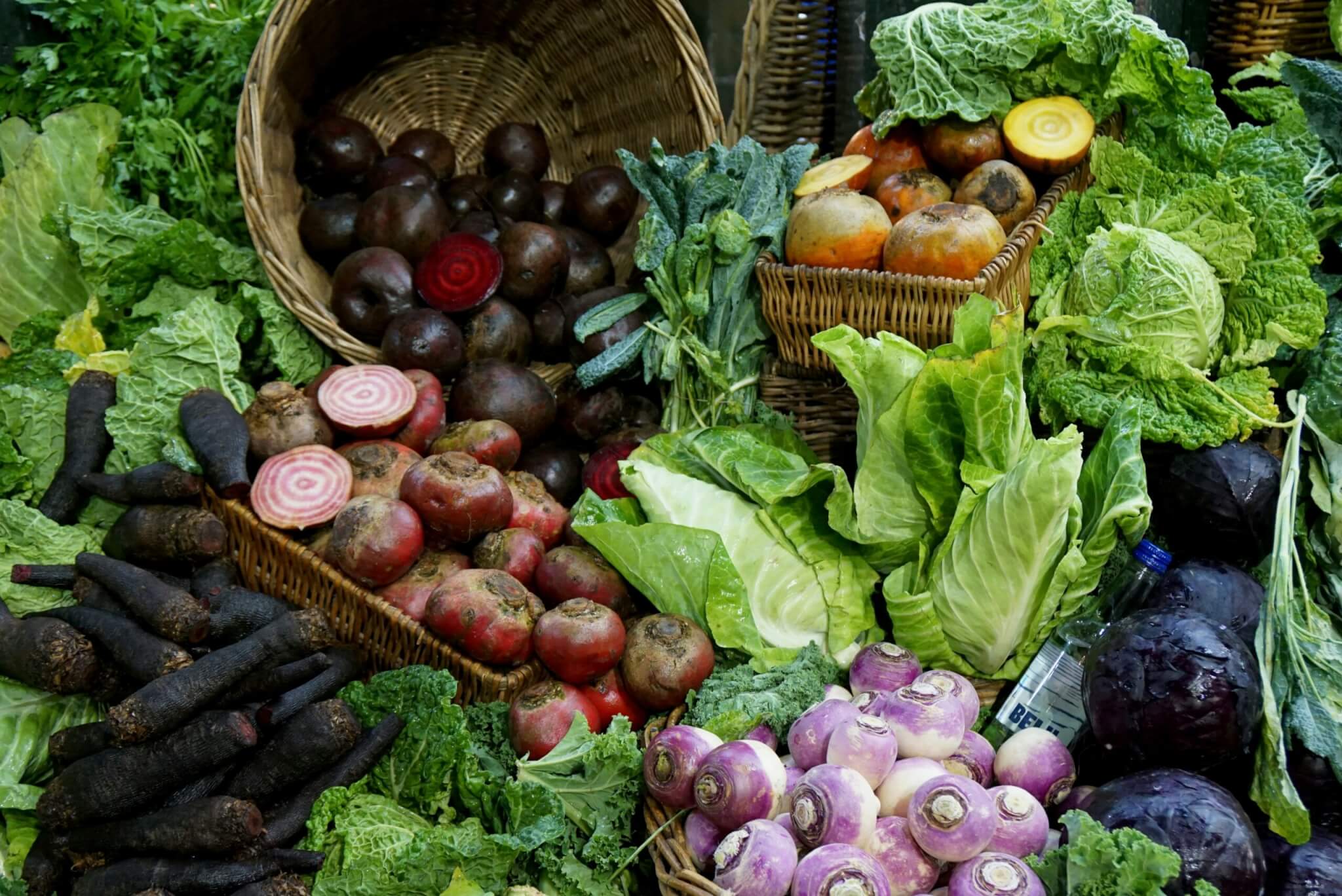A group of 53 ethical companies, including Neal’s Yard Remedies and organic veg box company Riverford, have delivered an open letter to Number 10 calling for the government to reconsider their reauthorisation of a toxic neonicotinoid pesticide.
Thiamethoxam, which was banned at EU level for its harm to bees along with the wider neonicotinoid pesticide group, has been reapproved for use on British sugar beet crops this year after forecasts that an aphid-spread virus will be three times as high.
“It is with the utmost urgency that we write to call on you to prohibit any future emergency derogations of the bee-killing neonicotinoid Cruiser SB (thiamethoxam), and instead, that the government ensure the use of non-toxic alternatives, providing adequate support for UK farming and to protect pollinators from irreparable damage,” the letter said, where other signatories included The Body Shop, Yeo Valley, Greenpeace and Friends of the Earth.

It said the government’s decision to reintroduce the pesticide in the case of the sugar beet crop to control virus-spreading aphids “goes directly against the guidance of government expert advisors”, who recommended the application be refused due to the unacceptable risks to bees and other pollinators.
“The facts are frightening but the impacts are preventable with steadfast legislation that safeguards bees and pollinators, along with investment in nature-friendly pest management solutions to ensure that farmers can transition from using neonics to sustainable replacements without the risk of their crops – and livelihoods – becoming threatened when situations like these arise,” the letter continued.
Two petitions are currently running to gather public support for a total ban on bee-killing pesticides, by Greenpeace, and by Friends of the Earth.
“Standing united on this matter is more than just a coming together of like-minded businesses,” said Neal’s Yard Remedies co-owner, Anabel Kindersley. “It’s a call to arms for every person, company and organisation to spread the word and spur action. We hope that together, our voices will amplify the call on the government and drive positive, meaningful change.”
Intensive agriculture is known to be driving declines in insects, with 40 per cent of global species having declined over the last decade, according to a recent study, driven by use of pesticides as well as habitat loss.












0 Comments